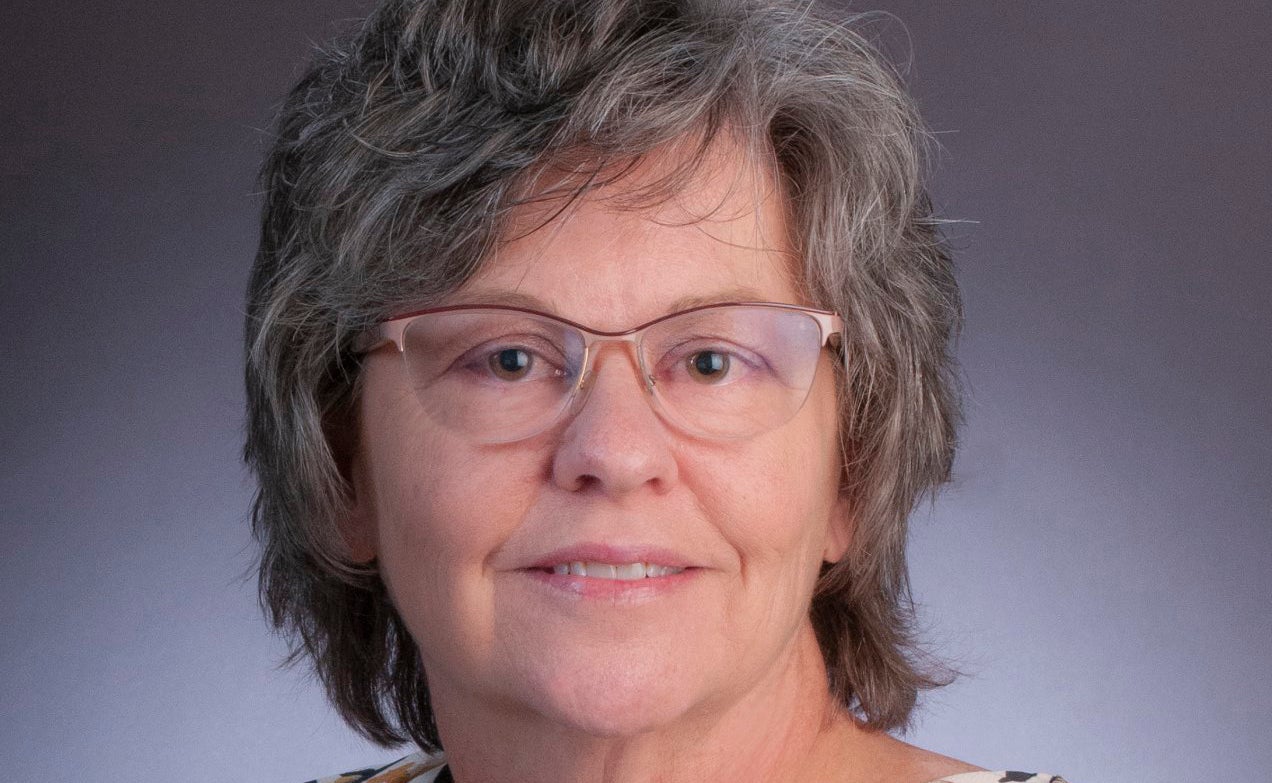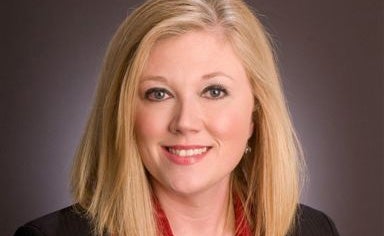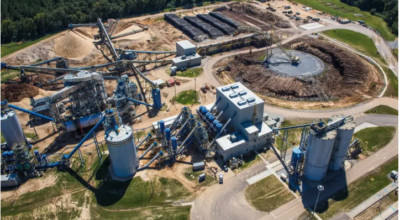Calm, focused and ready: The role of an ER nurse
Published 4:11 pm Monday, May 1, 2023

- Shannon Russ has worked in the ER for more than 25 years. (Submitted photo)
|
Getting your Trinity Audio player ready...
|
Editor’s note: This article published as part of a themed edition of The Democrat honoring first responders.
If you ask Shannon Russ, R.N., why she’s so adept in an emergency room, she’ll modestly waive away the question.
“That’s just my place to be,” said Russ, the nurse director at Merit Health Natchez ER who has worked in emergency medicine since 1995. “I like the chaos, and the differences day to day that we deal with.”
In truth, it’s her ability to remain calm in a crisis and to lead and help others to do the same that sets Russ apart, said coworkers at Merit Health Natchez.
“I think it’s because I just stay calm,” Russ said, adding with a laugh: “In fact, if you see me excited, you need to run.”
Lee Hinson, chief nursing officer at Merit Health, said emergency medicine is a field that draws specific types of nurses.
“They either love it or they hate it,” Hinson said. “And Shannon is correct when she says some people are just made for that type of nursing. We call them adrenaline junkies.”
That adrenaline manifests in certain critical skills, Russ said: “… the ability to multi-task, critical thinking skills and the ability to use your two hands like they are four hands.”
And, of course, the ability to stay calm and focused.
“As a nurse is exposed to more and more in emergency medicine, they learn to stay in the zone,” Hinson said. “Afterwards, they may have their breakdown or take a moment to reset, but when treating patients, they are in the zone.”
As an accredited chest pain center and acute stroke ready department, Hinson said emergency room nurses are actively providing the acute care needed to patients. For example, Merit Health is certified to provide TPA and similar clot-busting drugs that must be administered quickly at the first signs of a stroke. “There’s nothing like watching a patient who is receiving TPA and watching those symptoms actually resolve,” she said.
It’s important for Hinson and Russ that the community understand the ER’s role. “We want to let our community know we are going to take care of them,” Hinson said. “We’re going above and beyond to practice evidence-based medicine and to take care of our community.”
And, they reiterated, it’s important to remember that time can make a difference in emergency medicine. “If I could tell people one thing, it’s to call 911,” Hinson said. “Sometimes the patients will come in a private vehicle and that time can make a difference.
“I want to urge them to utilize 911 and the first responders who can start treatment on the way here and, in many cases, help save their lives.”






